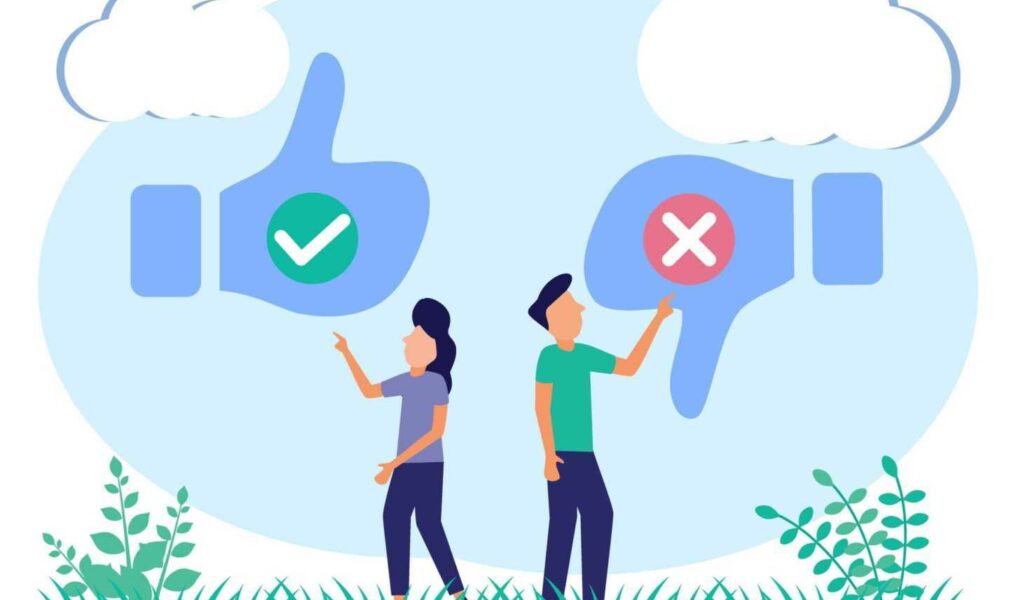As of press time, 173 Michigan residents are sporting a new, more accurate state ID card or driver's license after an updated gender marker policy was announced by the Michigan Secretary of State's office in early November.
The policy change comes as a welcome relief for many Michigan residents who identify as gender non-conforming or non-binary, while the change raises concern for two local community leaders.
For Kay Korchnak, a 37-year-old Ann Arbor middle school teacher, who identifies as non-binary, bisexual, queer and trans, changing their gender marker was a positive experience. In fact, they didn't waste any time in updating their ID at their local SOS office.
"I had made an appointment [for] the 17th [of November], but instead, I went the day of because I got too antsy," they recalled.
Korchnak said the process was straightforward: They walked into the SOS office on Washington Avenue in Ypsilanti, filled out one form, took an updated picture and paid their $9 correction fee along with a chauffeur's license fee. Two weeks later, the updated license came in the mail.
They said the significance of it hasn't completely set in, but the change was "affirming" because when they came out as non-binary three years ago, it was "both scary and worth it."
"I've been a teacher for going on 14 years, so I was putting that on the line [when I came out]," they explained. "A lot of times, I was alone. I didn't really know any non-binary people, which is one of the reasons why I created a non-binary group here in Ann Arbor and Ypsilanti."
The private Facebook group, Ann Arbor and Ypsilanti Non-Binary Folx, has 225 close-knit members, including people who identify as non-binary, parents of non-binary youth and allies. Since its inception, Korchnak, the admin, says they've grown into a supportive community.
David Mieris, 39, is also a part of that Facebook group, and they, too, decided to change their ID to the "X" marker. Mieris, an automotive engineer, identifies as a queer, non-binary transfem. When they first heard about the change, they went onto the SOS website and made an appointment in Warren, where they work.
"I was a little nervous," they recalled. "I thought: 'This is kind of Trump territory. How is this going to go?' But I walked right in and the clerk, when I told them I was there for the gender option [change], they gave me two thumbs up and a smile."
For Mieris, the whole exchange was a "pleasant surprise" and left them feeling really "excited and happy" to show people their ID.
"[Validation] is not something people my age were raised to know about or look for," they said. "This comes out of nowhere, and it's really nice."
But Zoe Steinfield, Ferndale's Affirmations behavioral health program manager and an openly transgender woman, is concerned about potential repercussions. Steinfield, who spearheads the Name and Gender Marker Change Clinics at Affirmations, is in constant communication with her local trans community. Through these clinics, she helps the community understand the processes in Michigan and answers their questions.
"The general idea I've seen is that having an 'X' could mark someone as part of a marginalized group to a greater degree and expose them to experiences of persecution from police and in public interactions," she explained.
Steinfeld further explained that many people within her community don't think this change is necessary.
"What these folks, who are often non-binary themselves, are arguing is that they don't want to give the government or strangers more information about themselves [or] their identity," she said. "The proposed solution for not being misgendered is to simply not to have anyone's gender information on ID."
In the end, it's a progression change that could cause more gender and LGBTQ+ discrimination. Recently, Julia Music, event chair for Ferndale Pride and community leader, has been receiving feedback from some concerned community members.
"I think it's an important option, but I've been hearing from some people in the community, especially people of color, that they don't want a police officer to see [the gender marker "X"] if they get pulled over," they said. "It's just a fear for safety in that type of situation."
To counter gender concerns regarding state IDs, cities like New York offer genderless city IDs. In a February ACLU op-ed, Spencer Garcia, a non-binary paralegal with ACLU, had a lot to say regarding their decision to change their New York City city ID to no marker at all. They said the city ID gave them a feeling of "safety and comfort."
"When applying for my city ID, there were four options: M, F, X, and not designated," wrote Garcia. "I was given the autonomy to choose the gender marker that was best for me, and I did not have to provide a reason or any medical documentation for my choice… I felt relief that when showing my city ID, it wouldn't 'confirm' anyone's assumptions or prompt any questions about my gender."
"It's one of those weird situations," said Music. "It's not something I want to push back on the government because the more we acknowledge that things are non-binary, the better. But at the same time, I understand why people don't necessarily want that."











